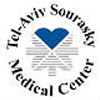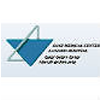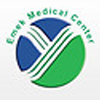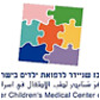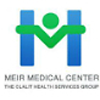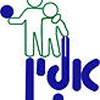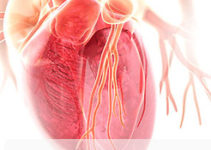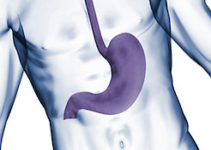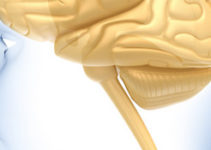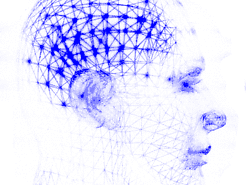
Mental illness is not only schizophrenia or psychosis. This large number of dependencies, which makes it difficult to cope on their own. Depression, neurosis, phobias, psychosomatic disorders, which can only increase, and significantly disrupt everyday human activity.
Diagnostics
Mental illness is not only schizophrenia or psychosis. This large number of dependencies, which makes it difficult to cope on their own. Depression, neurosis, phobias, psychosomatic disorders, which can only increase, and significantly disrupt everyday human activity. Speaking of children, child psychiatry deals with such problems as autism, developmental delay, attention deficit disorder. Any of the mental and psychological disorders requires attention and proper treatment.
For examination of patients with mental disorders use:
- computer and magnetic resonance tomography of the brain;
- electro-, REO – and echoencephalography;
- ultrasonic diagnostics of head and neck vessels;
- examination the ophthalmologist and other specialists, if necessary.
Treatment
Get mental health care in Israel, you can:
- Without a long wait, when in the appropriate office space becomes available.
- In a comfortable environment.
- Confidentially, without registration and without any further problems with possible restriction of rights.
- Sufficient time so as not only to hold the main course of treatment, but also long-term rehabilitation that aims to stabilize the condition of the client and to eliminate the risk of relapse.
Types of mental health care:
- psychological and psychiatric care in the outpatient setting;
- treatment in a day hospital;
- inpatient treatment including private offices for those categories of patients, the condition which threatens their own lives and the lives of others;
- rehabilitation for persons with various forms of addiction, victims of violence, combatants;
- observation of severely ill patients in terms of hostels.
Clinics in this area
News and articles of medicine Israel
Second-generation survivors whose parents were babies during Holocaust at high risk of severe schizophrenia

Results of a new study at the University of Haifa have found that no difference in the risk of developing schizophrenia between second-generations Holocaust survivors and those whose parents were not exposed to the Holocaust.
Training the brain to combat stress

While there are ways to train the brain to manage stress and other emotional responses, such techniques do not work for everyone and are not always highly accessible. Now, a new study reveals the development of a new tool that could bring self-regulation of brain activity to a much wider audience.


